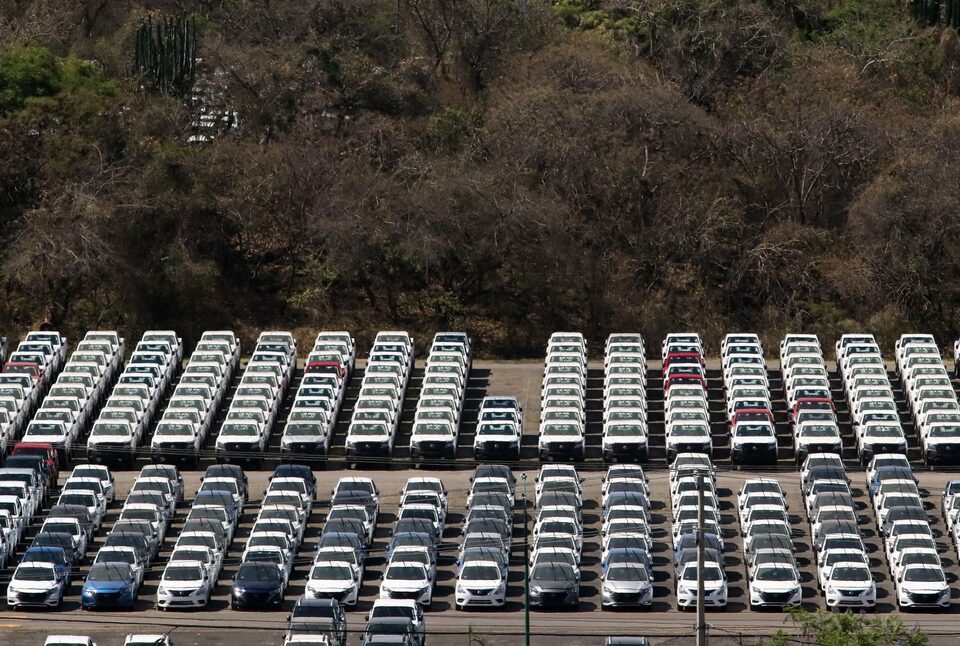
U.S. President Donald Trump is preparing to implement extensive new import tariffs that could trigger an unprecedented trade crisis. The plan, which he called ‘Liberation Day,’ involves the immediate implementation of tariffs up to 20% on goods from many countries, threatening to destabilize international trade.
Massive Trade War Plan and Its Consequences
The White House is preparing for a major announcement of new trade tariffs, which will take place today at 4:00 PM Eastern Time (20:00 GMT) in the Rose Garden, reports Reuters. While the exact details of the plan, dubbed ‘Liberation Day,’ are still being formulated, White House representative Caroline Levitt confirmed that the new tariffs will take effect immediately after their announcement.
According to a former Trump administration trade official, the most likely scenario involves implementing comprehensive tariff rates for individual countries at somewhat lower levels. The number of countries facing these tariffs is likely to exceed the 15 nations that Treasury Secretary Scott Bessent previously focused on due to their significant trade surplus with the US.
The situation is complicated by the fact that all Trump’s tariffs are cumulative. For example, a Mexican car that was previously subject to a 2.5% tariff when entering the US will now be subject to tariffs related to fentanyl and the automotive sector, which could total 52.5% – plus any reciprocal tariffs that Trump may impose on Mexican goods.
Growing uncertainty about tariffs is already undermining investor, consumer, and business confidence. Economists at the Federal Reserve Bank of Atlanta report that corporate financial executives expect price increases this year while simultaneously reducing hiring and growth.
The international reaction was swift. Trading partners from the European Union to Canada and Mexico have already announced responsive measures. Canadian Prime Minister Mark Carney and Mexican President Claudia Sheinbaum discussed Canada’s plan to ‘combat unjustified trade actions’ by the US. In Canada, there is already a noticeable ‘Buy Canadian’ movement, which makes it more difficult for American goods to reach store shelves.
Trump claims that American workers and manufacturers have suffered for decades from free trade agreements that lowered barriers to global commerce and contributed to the growth of the US import market to $3 trillion. The goods trade deficit exceeds $1.2 trillion, which Trump considers a critical problem.
Over the past 10 weeks, the Republican president has already imposed new 20% tariffs on all imports from China and fully restored 25% tariffs on steel and aluminum, extending them to goods worth nearly $150 billion. A monthly deferral of 25% fentanyl-related tariffs for most Canadian and Mexican goods also expires today.

